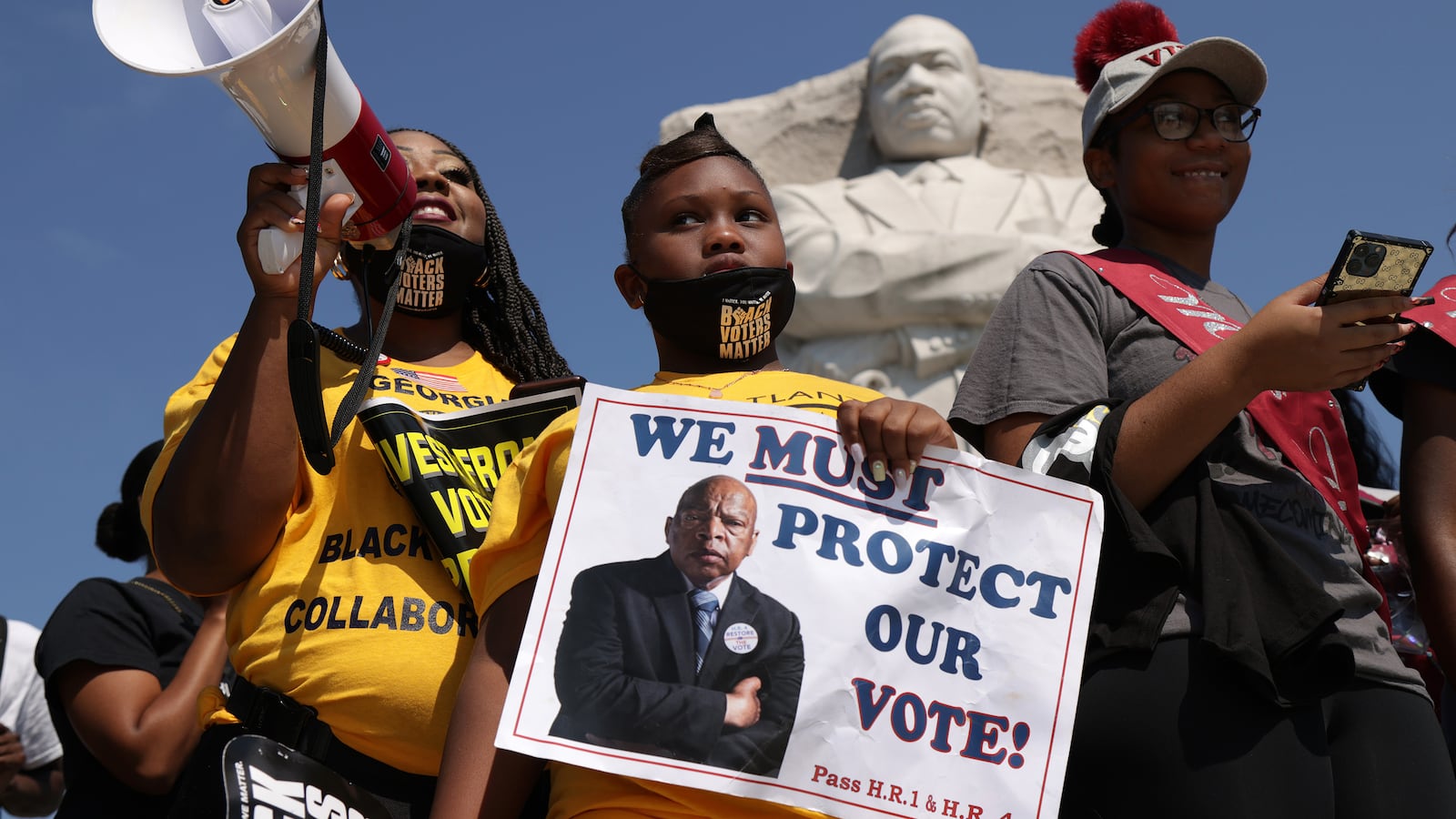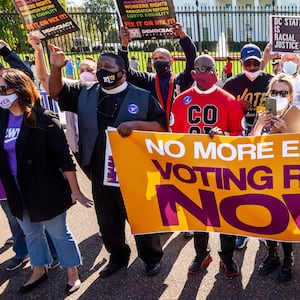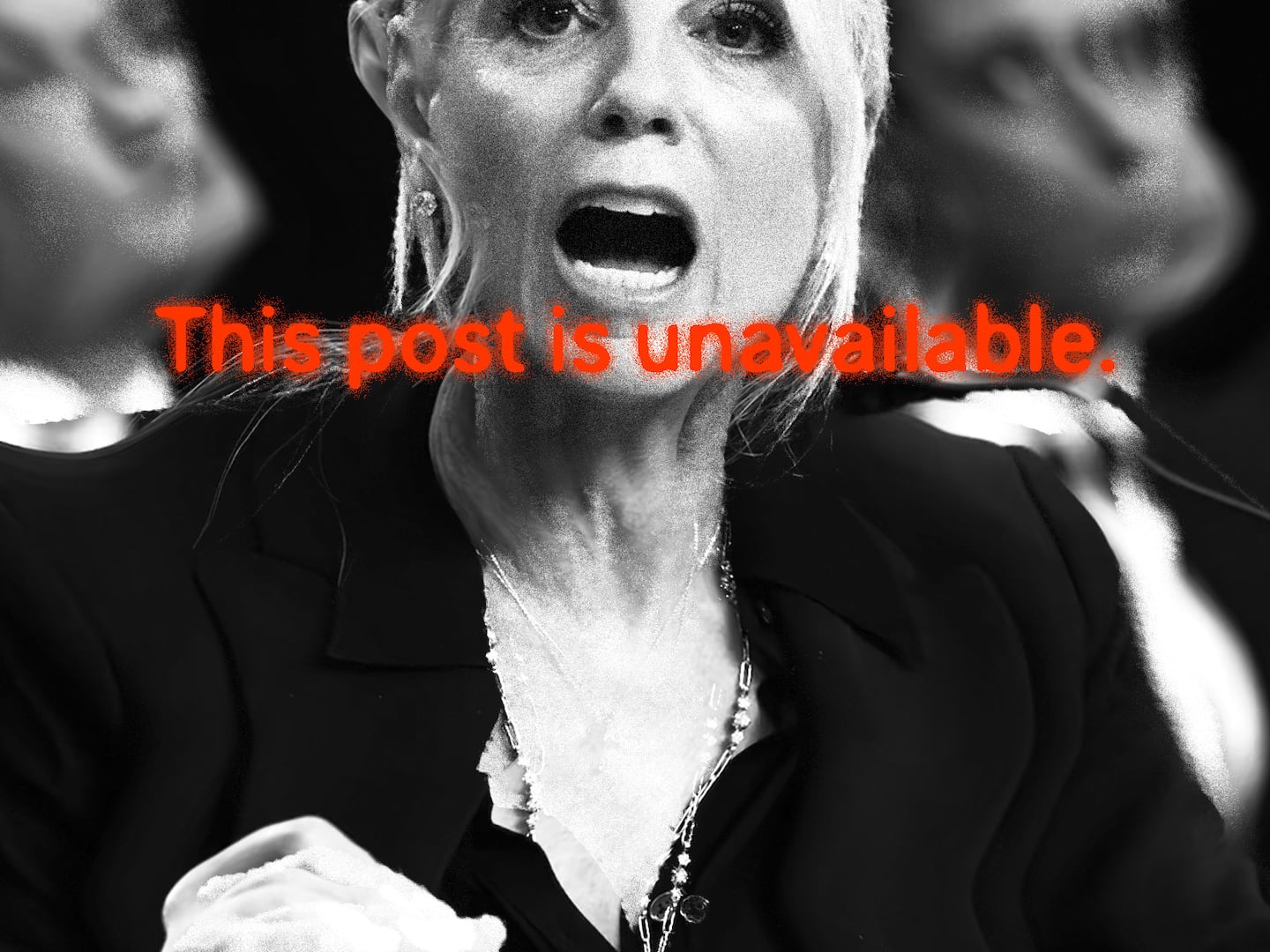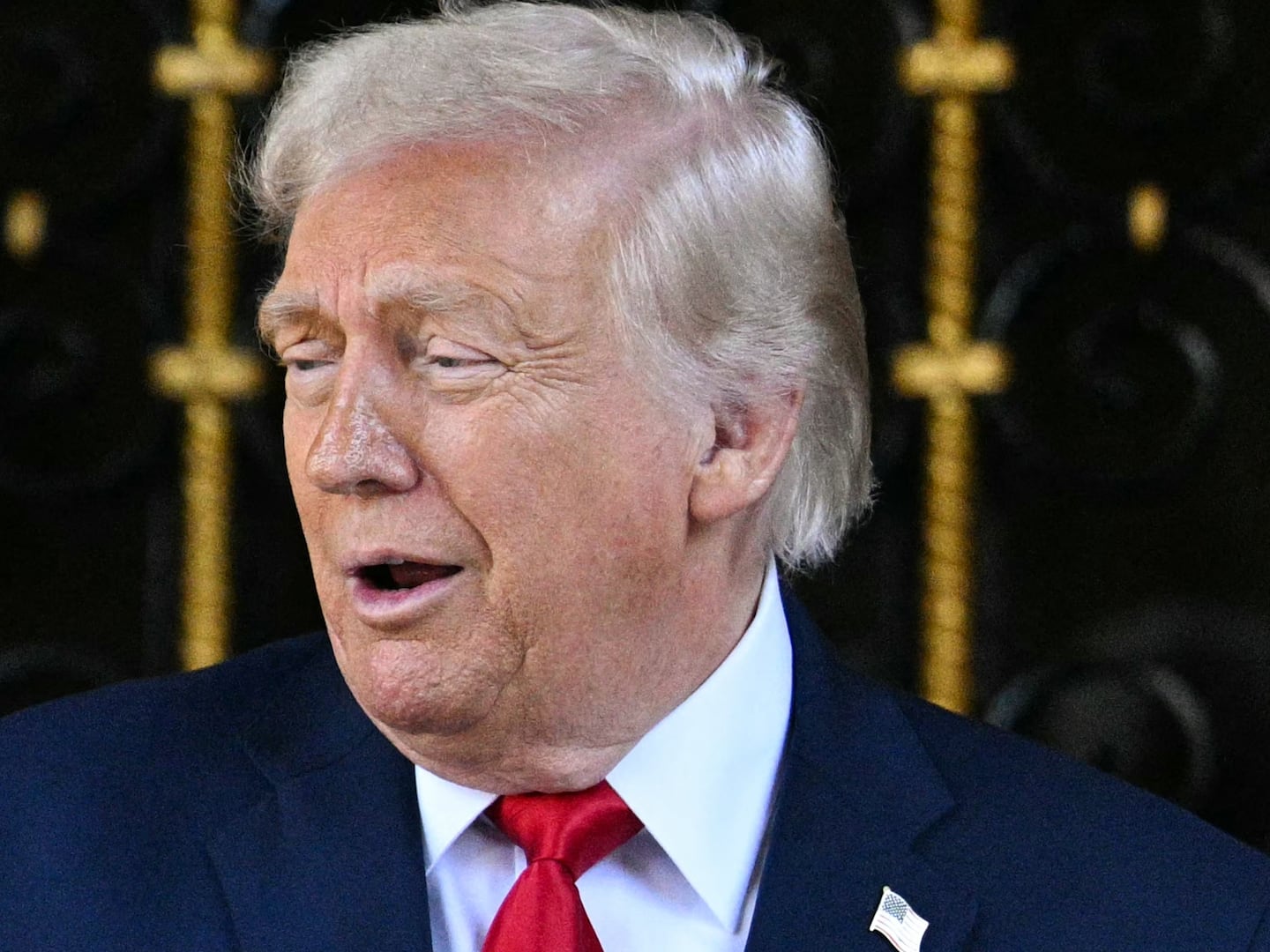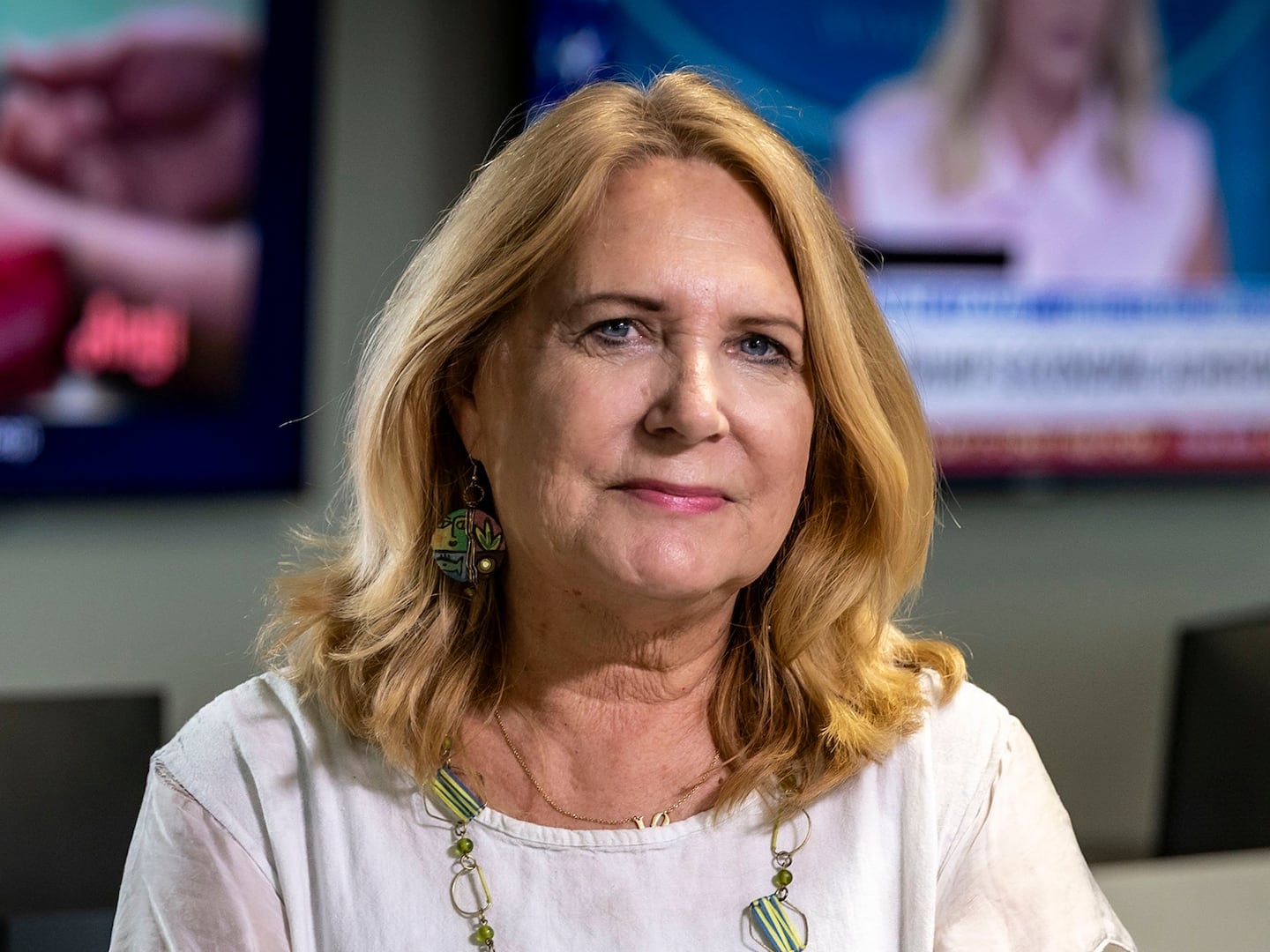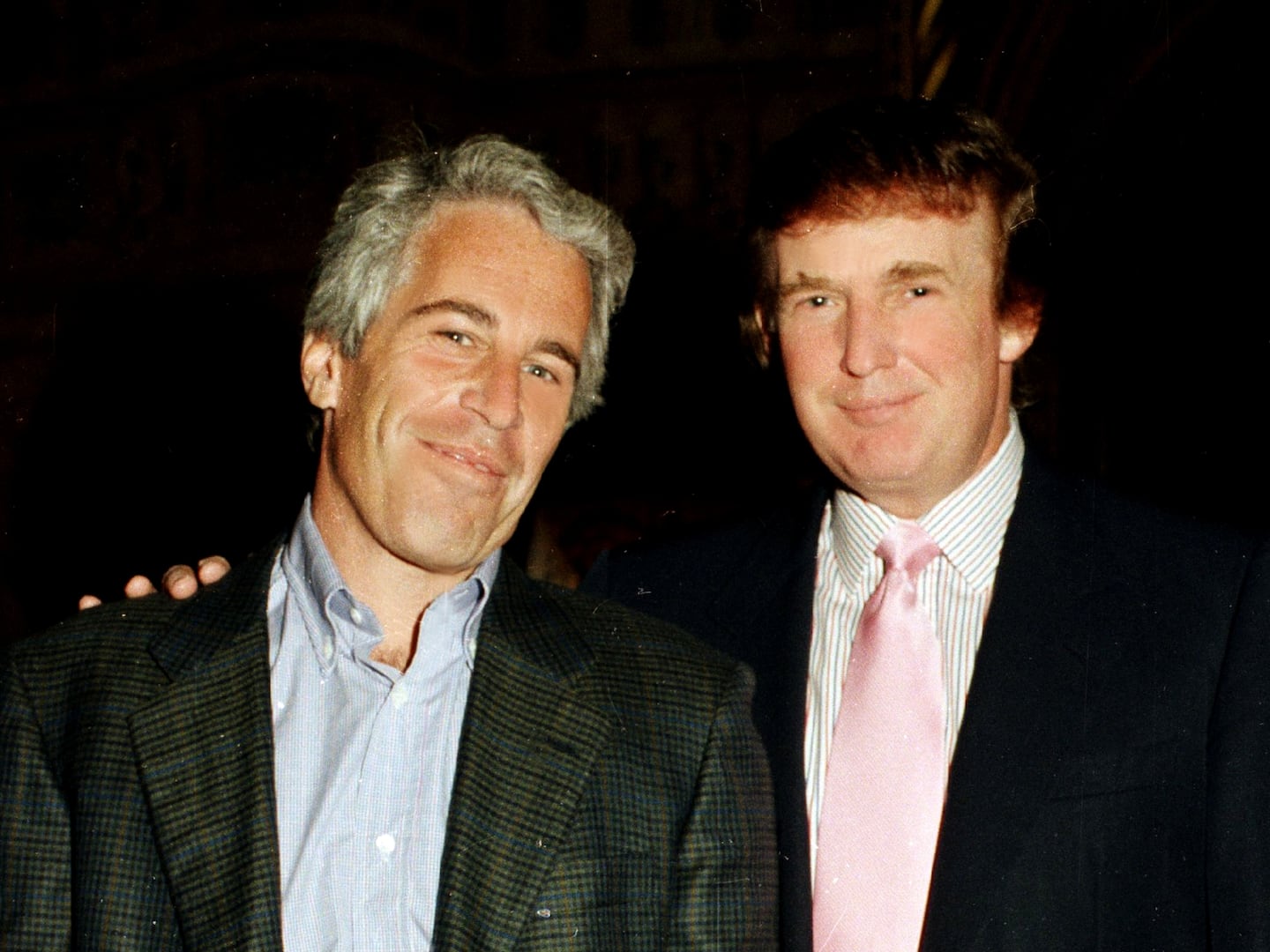In one year, Americans head to the polls to cast their votes for the midterm elections. But aside from the date, how Americans cast that vote will greatly depend on where they live and who is in charge of their state government.
For some, the process has never been easier—with expanded early voting and access to mail-in ballots—while others will face new restrictions that could discourage them from showing up at all.
After the Senate repeatedly failed to get enough bipartisan support to break a Republican filibuster on the John Lewis Voting Rights Advancement Act, activists in states that have clamped down on voting are left hoping for an unlikely breakthrough on filibuster reform in the Senate—or in the courts.
On Nov. 4, the Department of Justice announced it would challenge part of a recently signed Texas law because it improperly restricts “what assistance in the polling booth voters who have a disability or are unable to read or write can receive.”
The DOJ announced over the summer it would challenge a Georgia law as well, contending that “several provisions of Senate Bill 202 were adopted with the purpose of denying or abridging the right to vote on account of race.”
Those challenges are just two of the more than a half dozen voting-related lawsuits filed against each state in 2021, according to the Brennan Center for Justice.
“Until all options are exhausted to pass the Freedom to Vote Act and John Lewis Voting Rights Advancement Act by any means necessary, and until legal challenges against state anti-voter laws proceed, it’s impossible to assess the size, scope, and shape of midterm voter education efforts,” said Seth Bringman, spokesman for Georgia-based Fair Fight Action.
Absent that sort of action, experts say 33 laws in 19 states will limit the right to vote and change the way many Americans select their leaders.
But voting rights groups aren’t just sitting around waiting for a miracle in the Senate or in the courts. The New Georgia Project, a voter registration group in the Peach State, has already swung into action, sending teams into seven counties during the recent municipal elections to begin mapping how the changes in the law are impacting voter behavior. They have also been tracking indicators like the rejection rate in absentee ballots and what percentage of those individuals eventually fall off relative to previous years.
“We are educating people about what current law is. We talk about it at events, and we also discuss things we would like to see happen,” Aklima Khondoker, chief legal officer for the New Georgia Project said. “If it changes, we will adjust at that point, but we’re not waiting for anyone—even if their inaction hurts our chances of success.”
While the proponents of the new laws insist these rules do not disenfranchise those who wish to vote legally, those who oppose the voting changes are quick to point out the rarity of voter fraud.
But some of the new laws don’t just change how people vote, said Liz Avore, vice president of law and policy of the Voting Rights Lab. Several states have or are in the process of trying to change who will have the power to say what votes count.
“[W]e’re seeing legislatures interfering with the local election administration, either by injecting themselves into it, injecting some other kind of partisan actor into it, or just even injecting a third party into it and taking it away from the trained election professionals,” Avore said.
In two recent reports, the Voting Rights Lab and the Brennan Center note the emerging trend of creating new criminal or financial penalties for election officials.
For example, in Georgia, the election bill enacted earlier this year allows the State Election Board to remove and replace county election officials. In Arizona, a new law would potentially punish local officials who provide mail-in ballots to those who do not request them with felony prosecution. In Iowa and Kansas, an individual could end up with criminal charges for “returning ballots on behalf of voters who may need assistance, such as voters with disabilities,” the Brennan Center reports.
A new Texas law further empowers partisan poll watchers to move freely through a polling place, and makes removal of potentially disruptive poll watchers more difficult.
“This bill makes it harder for poll workers to do their job and it goes after election officials,” said Sean Morales-Doyle, acting director of the Voting Rights and Elections Program at Brennan Center for Justice. The Brennan Center filed suit against the state of Texas earlier this year on behalf of a Texas poll worker, among others, adversely impacted by the law.
While the move to restrict voting rights ahead of an election isn’t new, the uptick of lies about rampant voter fraud, propagated largely by former President Donald Trump and his allies, is largely novel. So is the number of voter restriction laws passed after the 2020 election.
“It’s the worst that we’ve seen since the Jim Crow era, but we’ve seen wave after wave since about a decade ago,” said Morales-Doyle.
Morales-Doyle added that what sets this cycle apart is the confluence of so many things that make fighting for voter rights so important: new laws, a new round of redistricting, and the fact that “we are closer than we’ve ever been to monumental transformation change in Congress that could really blunt this attack on voting rights.”
Of course, not all of the new laws restrict voting rights. In fact, 25 states enacted 62 laws with provisions that expand voting access, the Brennan Center reports. But voting rights advocates are understandably concerned about the places where casting a ballot is getting tougher.
“Right now, about one quarter of eligible voters are living in states that advance the freedom to vote and about the same number are living in states that have actually worked to suppress it,” Avore said. “So that’s what we’re going to see play out in the midterms next year.”

